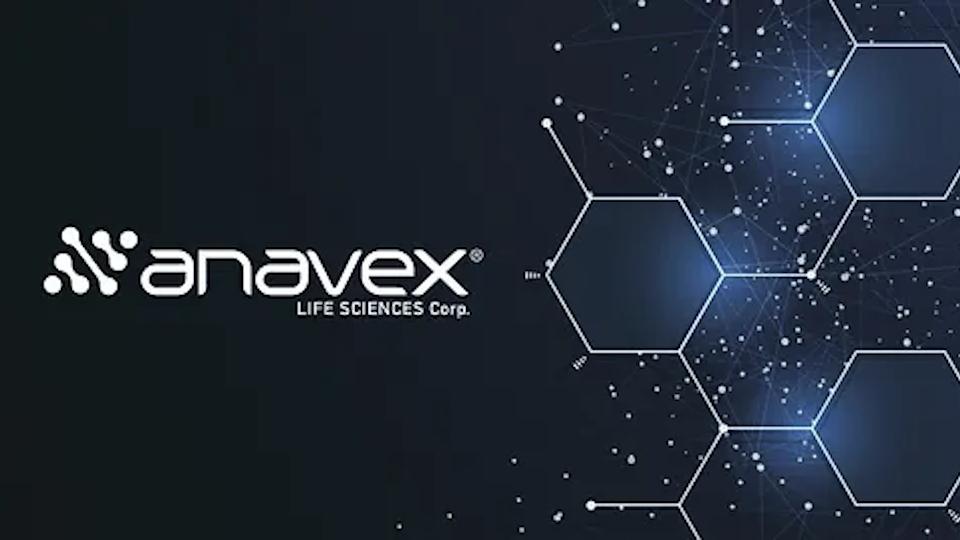Anavex hit as Rett syndrome drug flunks test

2024 has started on a low for US biotech Anavex Life Sciences, which saw its shares fall sharply this morning after Rett syndrome candidate Anavex 2-73 failed a clinical trial.
The company lost around a third of its value following the announcement that the phase 2/3 EXCELLENCE clinical trial failed to show a statistically significant improvement for Anavex 2-73 (blarcamesine) over placebo in children with Rett syndrome – a devastating neurological disorder caused by mutations in the MECP2 gene found on the X chromosome.
The disease causes deficits in brain function that lead to behavioural problems, a rapid decline in the ability to speak and carry out manual tasks, as well as seizures, curvature of the spine, and sleep disturbances. It affects about 15,000 girls and women in the US and 350,000 worldwide.
In a statement, Anavex said EXCELLENCE showed an improvement with its drug on one of the primary endpoints of the trial, the Rett Syndrome Behaviour Questionnaire (RSBQ), but that did not reach statistical significance because of an unexpectedly high placebo response rate that it suggested “may have masked the therapeutic effect” of Anavex 2-73.
It was also unable to show any improvement over placebo on the Clinical Global Impression–Improvement scale (CGI-I), which the company said was a “less granular” way to assess symptoms.
After 12 weeks of treatment in the 92-subject trial, which recruited girls aged five to 17, the RSBQ score saw a 12.93-point reduction with Anavex 2-73 compared to an 8.32-point reduction for placebo, with a p-value of 0.065 that missed the usual 0.05 threshold for significance.
At four weeks, the changes were -10.32 and -5.67 points, respectively, which did come in under that threshold (p=0.041), but was not a primary endpoint in the trial. There were also trends in favour of Anavex’s drug on the Anxiety, Depression, and Mood Scale (ADAMS).
In an attempt to explain the result, Anavex' chief scientific officer, Walter Kaufman, noted that high placebo responses are well documented in paediatric clinical studies.
“Although data analysis is ongoing, the early conclusion is that the placebo rate could have been higher in the study due to a slight imbalance in disease severity at baseline, across the treatment arms, and the two to one drug to placebo randomisation ratio,” he said.
“We intend to further assess the collective results and discuss with the regulatory authorities next steps.”
When EXCELLENCE started, there was no FDA-approved therapy for Rett syndrome, but that changed last year when Acadia Pharmaceuticals got a green light for Daybue (trofinetide) as a treatment for patients aged two and over.
Daybue launched in April at a payor cost of around $375,000 a year and made around $67 million in sales in the third quarter of 2023. Another late-stage candidate, Newron Pharma’s sarizotan, failed a late-stage trial and was axed by its developer in 2020.
Anavex 2-73 is also in development for Alzheimer’s and Parkinson’s disease and other neurodevelopmental disorders, including Fragile X syndrome.












